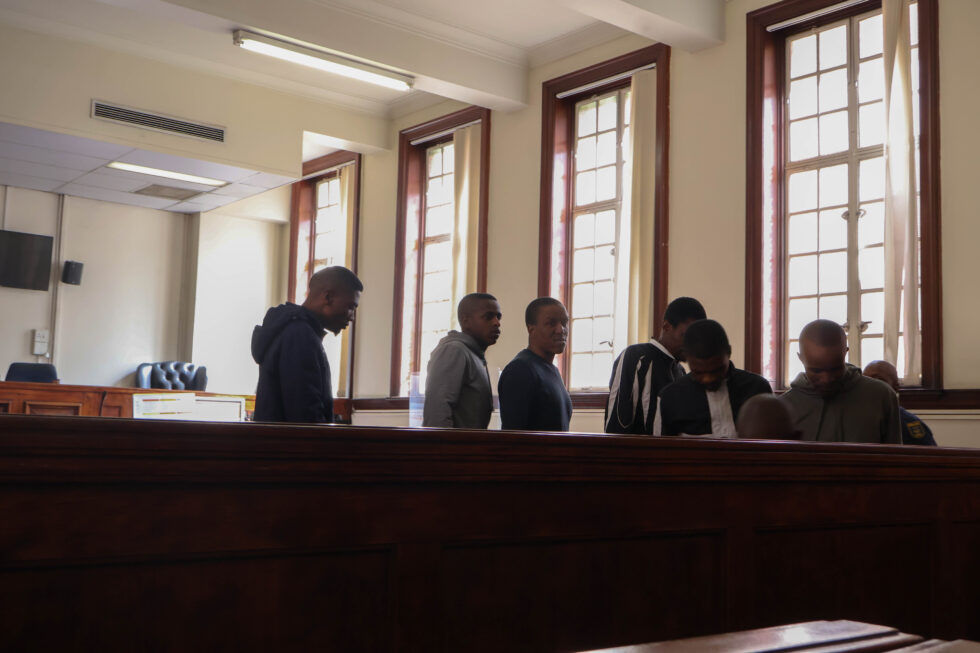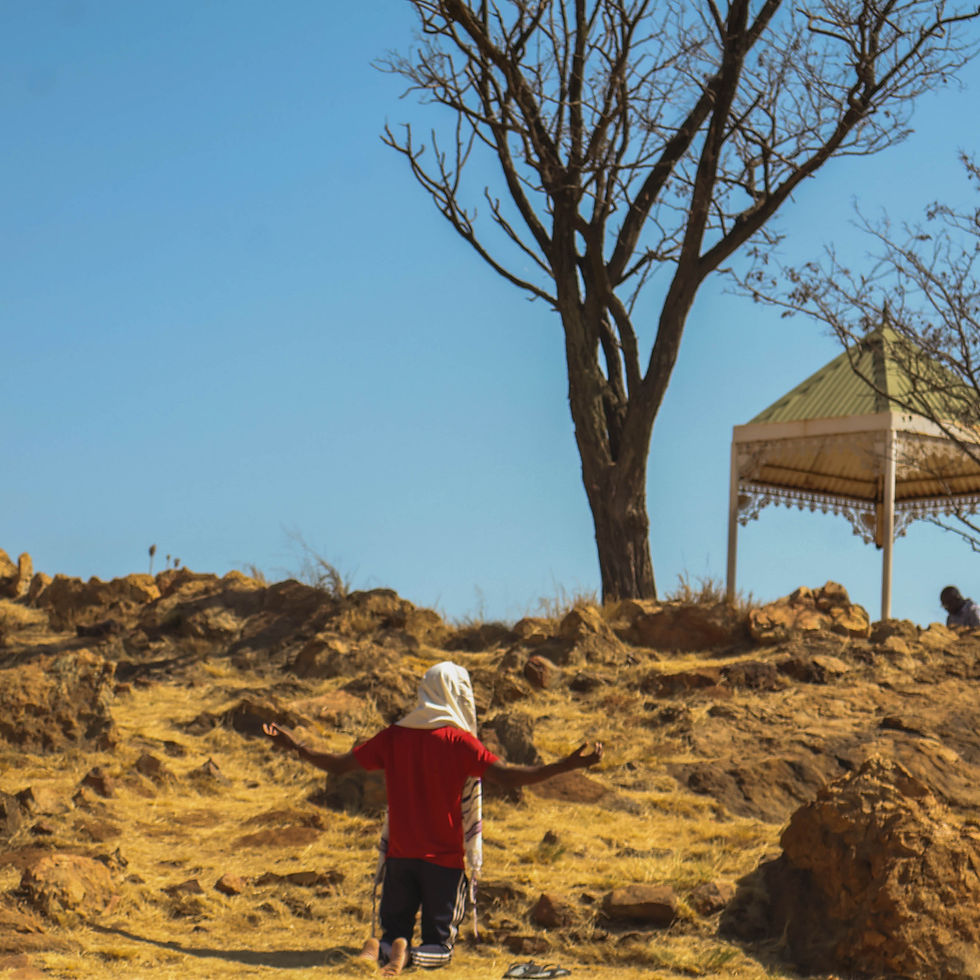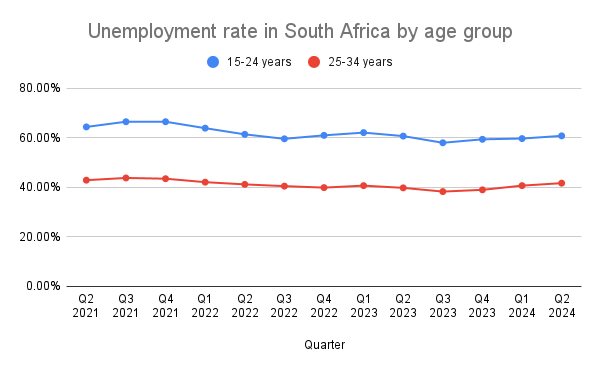The Cost of Being a Coconut
- thatogololo8
- Apr 20, 2024
- 3 min read
I was born in 1998 as the youngest of four children. My father was pedi and my
mother tswana so naturally, upon their marriage, they compromised... and we spoke
seTswana at home.
My two siblings directly above me are 10 and 14 years older than me. While others
enjoy referring to me with cute nicknames like “the laat lametjie” or “the baby”, my
true designation is “the accident”. But what this gave me was a childhood that I could
directly place in contrast to my siblings who were born during the era of “the groot
krokodil”.
My father was a successful man...by the time I was born. He fought tooth and nail to
become an attorney. His struggles, alongside my mother, gave me the opportunity to
be the fruits of progressive democratic policies. My parents bought a beautiful home
in a predominately-white area. They sent me to public and private schools in this
white area and encouraged my integration (or rather assimilation) into the activities
of those around me.
South Africa is a nation where the racial majority make up the cultural minority. Since
the 1990’s, black children were allowed into previously white-only schools. Which,
alongside other progressive policies such as BEE, gave black people access to
education and opportunity previously reserved for white children. For all its dreams
of multiculturalism and non-racialism, what this entails is the accidental (or
purposeful) cultural homogenisation of a significant portion of the population in order
to achieve what we deem “equality”. The causes of this may seem innocuous or
even fairly minor but mistakes are only as small as the consequences they result in.
For example, recently the Legal Practice Counsel, the regulatory body for legal
professionals, released a notice stating they would no longer be providing their
competency-based examinations (i.e. board exams) in languages other than English.
On the face of it, having a standardised test paper across the country logistically
makes sense and the linguistic discrimination may seem like a small oversight, but
what it results in, is that you may struggle if you aren’t exactly like me. So the solution is
simple: be like me and things will be easier.
With my siblings chasing me away (because who enjoys dragging their baby brother
along on their teenage escapades), I was left to make friends at school. The only
issue being that the deeper I ingrained myself with them, the more alienated I felt at
home. Whereas every December my classmates flew to Italy to visit their
grandparents, I spent mine driving to a village two hours outside of Rustenburg. I
spoke English to my friends but Setswana to my family. Until one day I no longer did.
I am fluent in English. With it being the primary business language in the country, I
have found my niche as “one of the good ones”. But that has left me feeling a deep
sense of insecurity whenever I encounter another black person who I should,
theoretically, share a language with. I discovered that I was suffering from a
condition called passive bilingualism whereby I understood seTswana when it was
spoken to me, but could not express myself in it.
White people make it incredibly easy to assimilate almost completely into their world
but by not attempting to engage with yours, you are forced to leave that portion of
yourself at the door when you enter. And the fact that I can continue to thrive without
engaging that portion of myself, without, in this instance, learning my home
language, makes me even more shameful of myself. It elucidates how culturally one-
sided South Africa has become. Eroding the heritage of young black children and
othering them by denoting them as less black and “coconuts” when they do not meet
the arbitrary standards of blackness we have imposed on ourselves.
Navigating these two worlds, between my home life and my external one, has
resulted in an identity crisis where I feel as if I am not easily able to be my authentic
self in any of these spaces. Too white for black spaces and too black for white
spaces. This is nothing new, but 30 years on, I thought it would be better.
To reference the late Eusebius McKaiser, in order for there to be true multicultural
cross-pollination, black people must not only experience the world of whites, but
whites must venture into and experience the world of blacks.
I currently live a moderately successful life, on the road to being an admitted attorney
while studying a second degree in journalism but since I cannot speak to my mother
in her home language, there is a part of me that I cannot connect to. I have started
learning seTswana, but I still mourn who I could have been.



Comments